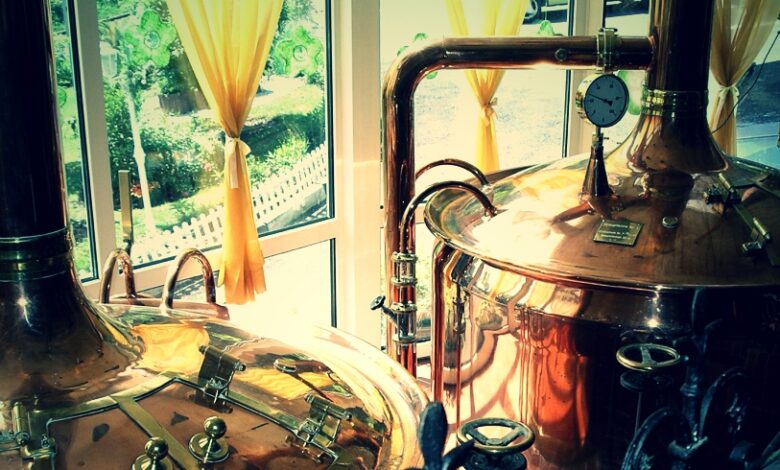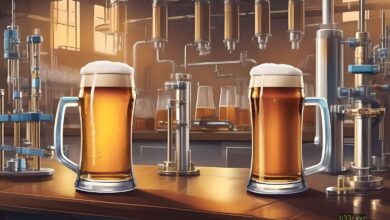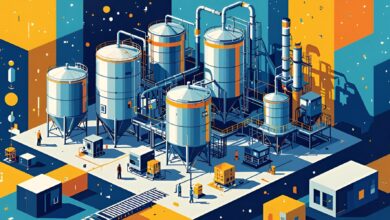
Three UPenn students came up with a way to speed up the beer brewing process by up to nine times. Their invention won them the first prize in this year’s Y-Prize Competition—10,000 USD and the commercialization rights for the technology.
Alexander David, Shashwata Narain, and Siddharth Shah, students at the University of Pennsylvania, have developed a novel way to make fast fermenting beer.
Barley (and other grains that can be used in the production of beer—unless you are an adherent of German beer laws) naturally contain some sugar. Yeast converts this sugar into ethanol (that is to say, alcohol) and carbon dioxide (bubbles), in what is called the fermentation process. The alcohol content of the beer gradually increases; the whole process in some cases can take over three weeks. Thus, the overall capacity of a beer brewing company is limited by the quantity of beer fermentation tanks they possess.
According to Shashwata Narain, it would be impossible to speed up the brewing process by adding more yeast cells to the tank as overpopulation makes yeast less efficient. Also, the more yeast cells you have, the less likely it is that each individual cell will interact with sugar molecules.
The way to speed up beer fermentation, apparently, is to use microfluidics. The idea is to put yeast and sugar into minuscule droplets and let them interact with one another. This approach to the problem is not entirely new; it has been tried in labs before. However, the student trio says that they are the first to create a viable technology that can be used on industrial scale.
Now the students are going to commercialize the microfluidic fabrication technology through their company called Fermento. They are sure that this can be done “in a financially feasible manner.” According to the University of Pennsylvania website, the technology was originally developed by Assistant Professor of Bioengineering David Issadore, whose research focus is at molecular targeting, nanomaterials, microfluidics and microelectronics and their potential use in medicine. Well, a fine pint of beer seems like a good enough medicine to me.




